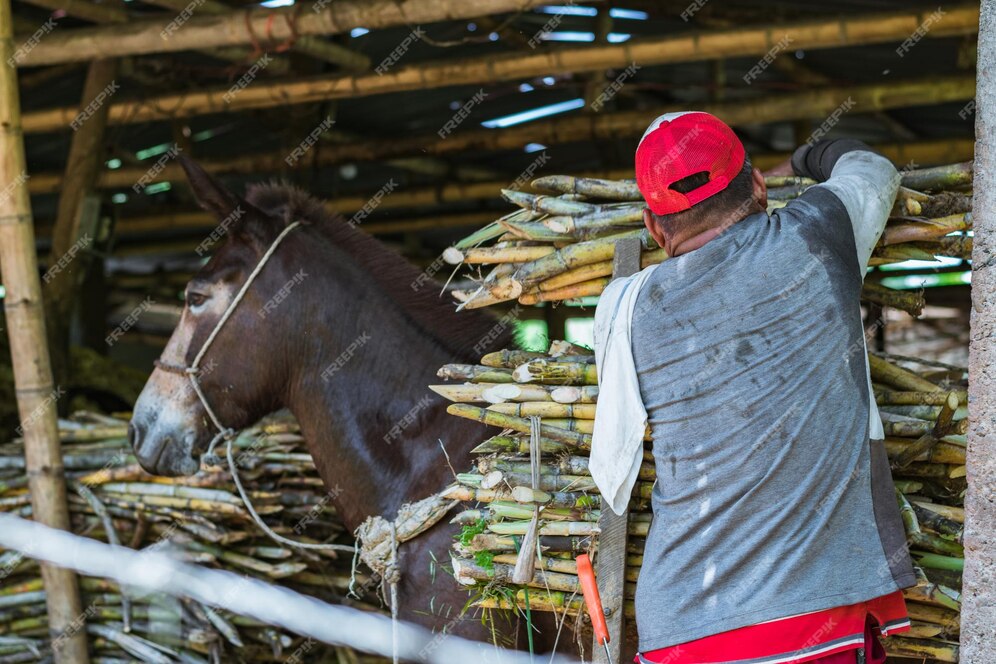Namibia, a country with a diverse cultural heritage, is home to various indigenous communities that follow animistic worldviews. Animism is the belief that everything in nature possesses a spiritual essence, including animals, plants, and natural elements. While the animistic worldview holds deep cultural significance, it can also have an impact on poverty levels in Namibia. In this blog, we will explore how the animistic worldview contributes to poverty and discuss potential strategies for addressing these challenges.
Limited Access to Education and Healthcare:
In some cases, adherence to animistic beliefs may lead to limited access to formal education and healthcare services. Traditional beliefs and practices may prioritize spiritual healers or traditional medicine over modern medical treatments, resulting in inadequate healthcare for individuals and communities. Similarly, the emphasis on traditional knowledge systems may hinder the promotion and adoption of formal education, limiting opportunities for skill development and access to better livelihoods.
Limited Economic Opportunities:
The animistic worldview can sometimes hinder economic progress and the ability to escape poverty. Traditional practices tied to animistic beliefs may restrict economic activities, such as limitations on land use or restrictions on exploiting natural resources for economic gain. Additionally, the focus on communal ownership and sharing within animistic communities can create challenges for individual entrepreneurship and economic development, as individual ownership and accumulation of wealth may be viewed negatively.
Agricultural Practices and Food Security:
In some animistic communities, traditional agricultural practices may not fully align with modern farming techniques and technologies. Limited knowledge and reliance on traditional methods can lead to lower agricultural productivity and reduced food security. Lack of access to modern farming equipment, irrigation systems, and improved seeds can hinder agricultural growth and perpetuate poverty, particularly in rural areas where subsistence farming is prevalent.
Gender Inequality and Women’s Empowerment:
The animistic worldview can also contribute to gender inequality and hinder women’s empowerment, which in turn can perpetuate poverty. Traditional gender roles and beliefs may limit women’s access to education, healthcare, and economic opportunities. Women may be expected to fulfill domestic responsibilities, leaving them with limited time and opportunities to engage in income-generating activities or participate in decision-making processes within their communities.
Limited Social and Economic Integration:
Adherence to animistic beliefs can sometimes result in limited social and economic integration of marginalized communities. Animistic practices and rituals may be viewed with skepticism or misunderstanding by mainstream society or commercial sectors. This can lead to exclusion, discrimination, and limited access to markets, employment opportunities, and social services, further exacerbating poverty levels.
Addressing the Challenges:
To address the challenges associated with the animistic worldview and poverty in Namibia, a multifaceted approach is required:
Promoting Education and Awareness: Education programs that respect and integrate traditional knowledge systems with modern education can help bridge the gap between animistic beliefs and access to formal education. This can empower individuals to make informed choices and pursue economic opportunities while preserving their cultural heritage.
Strengthening Healthcare Systems: Collaborating with traditional healers and integrating traditional medicine practices with modern healthcare systems can improve access to quality healthcare services. This approach acknowledges the cultural importance of animistic beliefs while ensuring that individuals receive appropriate medical care.
Supporting Sustainable Agriculture: Encouraging the adoption of sustainable agricultural practices, such as agroecology and conservation farming, can enhance agricultural productivity and food security. This requires providing training, access to improved seeds, and promoting the use of modern farming techniques while respecting traditional knowledge systems.
Empowering Women: Promoting gender equality and women’s empowerment is crucial for poverty reduction. This can be achieved through initiatives that provide women with access to education, healthcare, economic opportunities, and participation in decision-making processes.
Fostering Social and Economic Integration: Creating platforms for dialogue, understanding, and collaboration between animistic communities and mainstream society can foster social and economic integration. Encouraging the recognition and appreciation of cultural diversity can help reduce discrimination and exclusion, promoting inclusivity and economic opportunities for all.
While the animistic worldview holds deep cultural significance and spiritual beliefs, it can contribute to poverty in Namibia through limited access to education, healthcare, economic opportunities, and social integration. By promoting education, strengthening healthcare systems, supporting sustainable agriculture, empowering women, and fostering social and economic integration, Namibia can address the challenges associated with the animistic worldview and create a more inclusive and prosperous society. Balancing cultural preservation with socio-economic development is key to achieving sustainable poverty reduction and ensuring the well-being of all Namibians.
